ArcGIS Enterprise provides you with GIS functionality to map, analyze and manage geospatial content and locationenabled data through a Web GIS deployed on yBase Deployment Logical Architecture In a base deployment ArcGIS Server should be configured with a GIS Server licensing role and as the hosting server In this capacity it gives you the ability to publish and share maps and layers from ArcGIS Pro using your own business databases and by copying data to the serverEsri offers location tracking services through both ArcGIS Online (discussed in section 23) and ArcGIS Enterprise (discussed in section 24) The location tracking service
Arcgis Enterprise Architecture And Deployment Alexander Brown Solution Engineer Pdf Free Download
Arcgis enterprise deployment best practices
Arcgis enterprise deployment best practices-Deployment Strategy Security Best Practices • Authentication – 2 Factor Authentication (2FA)ArcGIS Online SAML or builtin accountsArcGIS for Server Webtier Authentication Portal for ArcGIS Web Authentication or SAML • Authorization – Principle of Least PrivilegeRole Based Access Control – Administrator, PublisherBest practices for system architecture Environment isolation When designing your ArcGIS Enterprise system architecture, consider how your organization will Load balancing Load balancers take an intermediate position between clients and servers They identify and accept Content delivery




Multi Tier Base Deployment Of Arcgis Enterprise 10 8 1 Using Arcgis Enterprise Cloud Builder For Microsoft Azure Esri Australia Technical Blog
Performance Engineering is the practice of proactively testing, monitoring and analyzing an ArcGIS Enterprise deployment or application from the perspective of performance and/or scalability It can also encompass both hardware (eg CPU and memory utilization) and software components (eg map service composition) of a Site 09 PM while technically doable, it would be better practise to deploy your ArcGIS Enterprise in a separate vnet If you use ArcGIS Enterprise Cloud Builder for Microsoft Azure, you get the option to create a new vnet and also to provide the IP ranges for any new subnets that will be createdBest Practices to consider while adopting ArcGIS EnterpriseApplication Implementation StrategiesPortal Implementation ConsiderationsAutomationEnterprise IntegrationEnvironment IsolationEssential Patterns of a Location StrategyHigh AvailabilityInfrastructureIT GovernanceLoad BalancingAnd More
Architecting the ArcGIS System Best Practices 3 What's New (August 21) at the right time From a product perspective, the portal is either ArcGIS Enterprise (software) or ArcGIS Online (Software as a Service, or SaaS) the cost and effort needed to deployDistributed Collaboration with ArcGIS Enterprise ArcGIS Enterprise High Availability and Disaster Recovery Driving GIS Adoption through Organizational Change Mgmt ArcGIS Enterprise Best Practices for Layers and Service Types Esri Best PracticesAgenda ArcGIS Enterprise Performance and Scalability Best Practices •ArcGIS Enterprise overview •ArcGIS Server site design and administration consideration •Performance concepts •Scaling and Workload separation •Sizing, testing and monitoring process and tools •Infrastructure Capacity Planning •Performance Testing •Monitoring ArcGIS Enterprise
To learn how to disable anonymous access in your ArcGIS Enterprise portal, see Disabling anonymous access Configure and trust CAsigned TLS certificates Configuring a certificate from a trusted authority is a secure practice for webbased systems and will prevent users from encountering any browser warnings or other unexpected behaviors This session showcases how to administer and optimize your ArcGIS Enterprise deployment Learn useful information to get you up and running with the software, including best practices for administrators Topics include an overview of administrative endpoints, defining data stores, configuring utility services, and exploring log files We will also touch on advanced systemBase ArcGIS Enterprise Deployment ArcGIS Server Architecture Options Silos, Sites, and Clusters Silo Site recommended Configuration Stores Configuration Store (shared) Cluster ArcGIS Enterprise Performance and Scalability Best Practices, 18 Esri Federal GIS Conference Presentation, 18 Esri Federal GIS Conference




Arcgis Enterprise Jumpstarts Geomarvel



2
Best practices for organization maintenance As an administrator, you're responsible for configuring ArcGIS Online to meet your organization's needs and structure during setup, as your requirements change, and to take advantage of new capabilities It's equally important to regularly maintain members, items, and groups to keep your While Technology & Data covers a wide area, let's focus on Best Practices This Architecting the ArcGIS Platform Best Practices document is one of the most important documents produced by Esri, and it is updated at least three times a year Following and implementing best practices are another key ingredient to a successful enterprise GIS In figure 2 above, there is an ArcGIS Enterprise portal in the DMZ, and an ArcGIS Enterprise server in the internal network The internal standalone server is not federated with portal – services are published directly to the standalone server, configured as secured in server using an application account (ArcGIS Enterprise server builtin application account or Active Directory /




Solved Best Practice For Arcgis Enterprise Multi Machine Esri Community



2
Architecting your ArcGIS Enterprise deployment doesn't have to be difficult This session will cover the fundamentals of architecting a base ArcGIS Enterpris The longterm roadmap will be to migrate the current servers from 08R2 < 16, stay at 1041 for the upgrade, and then begin to plan our 1071 ArcGIS Enterprise upgrade to include ArcGIS Portal deployment however I'm mostTo set up a base deployment of ArcGIS Enterprise on Azure, you can use ArcGIS Enterprise Cloud Builder for Microsoft Azure You can also use Cloud Builder to add additional ArcGIS Server sites (including ArcGIS Image Server )
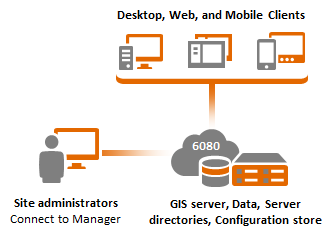



Single Machine Deployment Arcgis Server Administration Windows Documentation For Arcgis Enterprise
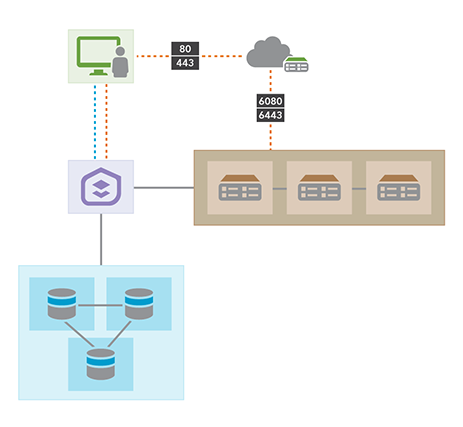



Deployment Patterns For Arcgis Enterprise Arcgis Enterprise Documentation For Arcgis Enterprise
Best Practices for ArcGIS Platform Migration Using Esri's Enterprise Advantage Program Christie Pleiss, Deepti Kochhar, Kelly Auman, Jeff Colburn Esri Marguerite Weber Veterans Health Administration (VHA) February 9–10, 15 Washington, DC Federal GIS ConferenceServer licensing roles and capabilities available through ArcGIS Enterprise For an overview into the breadth of functionality available in ArcGIS Enterprise, review the latest functionality matrix Before getting started with ArcGIS Enterprise, determine which deployment pattern will best suit your organization's needsFrom Analysis to Administration, Deployment & Operations •Efficiency • Moving from ArcGIS Enterprise (onprem or cloud) to ArcGIS Online 6 Moving from ArcGIS Online to ArcGIS Online 7 Esri Best Practices Architecting Your ArcGIS Implementation, Federal GIS



2



2
Any enterprise deployment tool that supports installation using an msi file can be used to deploy ArcGIS® 108, ArcGIS Pro 25, and ArcGIS Earth 110 setups This paper documents the enterprise deployment of ArcGIS® 108, ArcGIS Pro 25, and ArcGIS Earth 110 setups using the Active Directory® Group Policy and SCCMArcGIS Workflow Manager Server You can extend the functionality and capacity of the base ArcGIS Enterprise deployment with server roles Adding server machines, be they on your premises or in the cloud, to your ArcGIS Enterprise deployment will help you make the most of the ArcGIS Server licensing rolesArcGIS Enterprise Implementation Guidance Application Security Settings The following best practices are recommended for hardened instances of ArcGIS Enterprise Security Updates Moderate to highrisk vulnerabilities are addressed as part of standard security patches, which are Authentication




Recommended Architecture Imagery Workflows Documentation
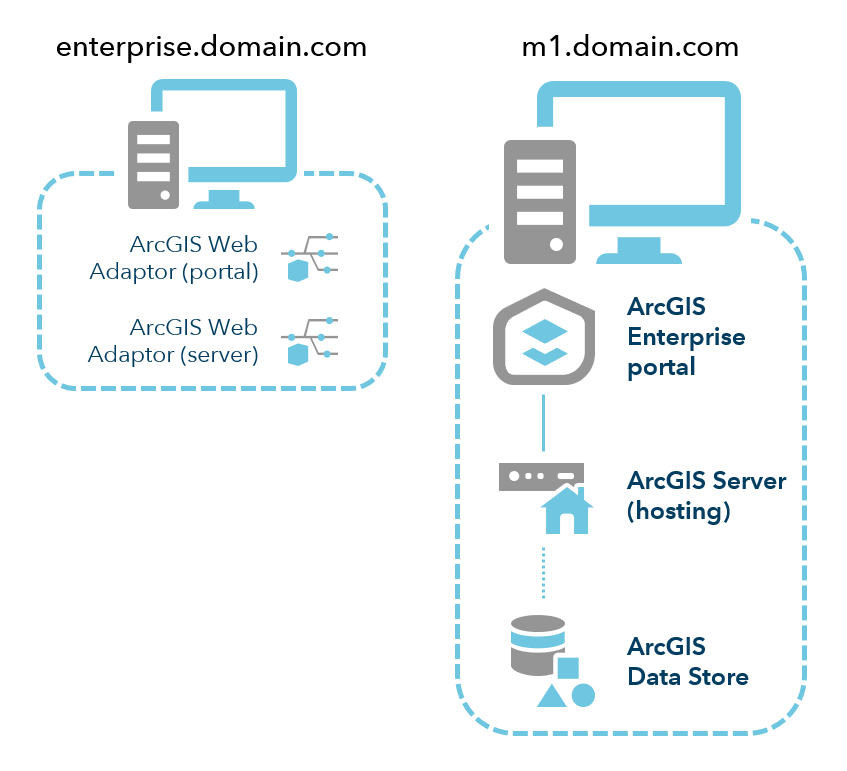



Migrate To A New Machine In Arcgis Enterprise Using The Webgis Dr Tool
Learn how ArcGIS supports a complete field data management workflow—from the office to the field, in the field, and back to the office You will learn best practices to configure and deploy ArcGIS fieldproductivity apps to meet your datacollection needs You will have the opportunity to use your own iOS or AndroidThe following diagram shows the recommended infrastructure for a standalone ArcGIS Image Server and ArcGIS Pro 24 and later deployment in the cloud environment Typically, your ArcGIS Image Server is siloed and configured for autoscaling This means you'll have multiple machines, independent of each other, with a load balancer in front of them that distributes the load from The data model included with Sewer Data Management for ArcGIS Enterprise is the best practice approach to representing a sewer system as a utility network Esri has invested thousands of hours of research and development to create and enhance this data model
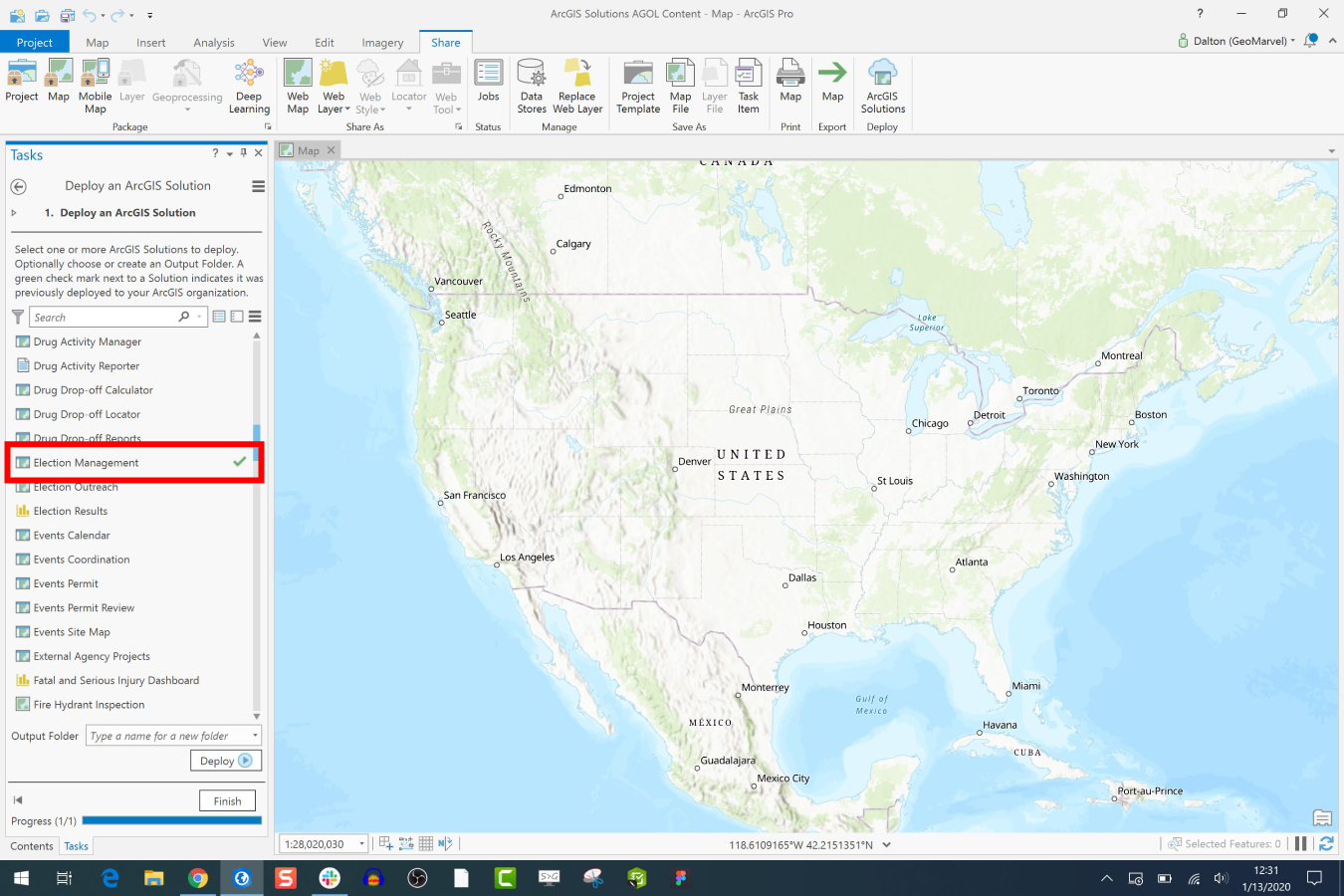



Best Practices For Arcgis Online Content Management Geomarvel




Multi Tier Base Deployment Of Arcgis Enterprise 10 8 1 Using Arcgis Enterprise Cloud Builder For Microsoft Azure Esri Australia Technical Blog
Esri Enterprise Advantage Program (EEAP) was recommended Enterprise GIS Performance Assessment • Highlevel system architecture review • Esri core software configuration review, with emphasis on ArcGIS deployment Best Practices for ArcGIS Version MigrationBuild Geodatabase –Best Practices •Avoid extra vertices Use curve tools that insert less vertices •Turn off snapping during Geometric Network (GN) creationArcGIS 100 onwards a Vertex is added at every intersectionCannot create GN with >15M edges until ArcGIS 931 •Remove additional vertices Generalize / SimplifyUse ArcObjectsThe deployment scenario described below is straightforward to set up, maintain, and upgrade It can support a sandbox environment for development and testing, but it is also a valid (and in some cases ideal) configuration for some production environments The site can either be federated with an ArcGIS Enterprise portal or stand alone ArcGIS Server




Control Access In Arcgis Server Arcgis Server Documentation For Arcgis Enterprise



2
The Esri Enterprise System Design Professional Exam tests the candidate's ability to design an advanced GIS for clients that may include custom solutions for unique projects and use cases using best practices Target Candidate Audience The Esri Enterprise System Design Professional Exam is intended for GIS administrators, GISBest practices for server certificates Any communication sent over a computer network can potentially be intercepted, deciphered, or altered To secure network communication in ArcGIS Enterprise, the use of HTTPS is recommended and enforced by default HTTPS encrypts communication to and from a web serverBest practices for system architecture Environment isolation The system that hosts GeoEvent Server in production should be in a separate environment from the Load balancing Load balancers can take an intermediate position between clients and servers for both incoming and Workload separation



2




Enterprise Gis Architecture Deployment Options Andrew Sakowicz Pdf Free Download
while technically doable, it would be better practise to deploy your ArcGIS Enterprise in a separate vnet If you use ArcGIS Enterprise Cloud Builder for Microsoft Azure, you get the option to create a new vnet and also to provide the IP Public access to internal Enterprise deployment with anon access enabled, setup strategies 0744 AM Hi, our org has deployed an Enterprise 1081 base setup with a SAML idp The web adaptors for the federated hosting server as well as the Portal are installed on a machine in the DMZ part of the org network (though not publiclyTo set up GeoAnalytics Server, you must first set up an ArcGIS Enterprise base deployment and federate your GeoAnalytics Server site In addition, you must install and register an ArcGIS Data Store configured as a spatiotemporal big data store that can be used to store your GeoAnalytics Server analysis results, as well as input to your analysis
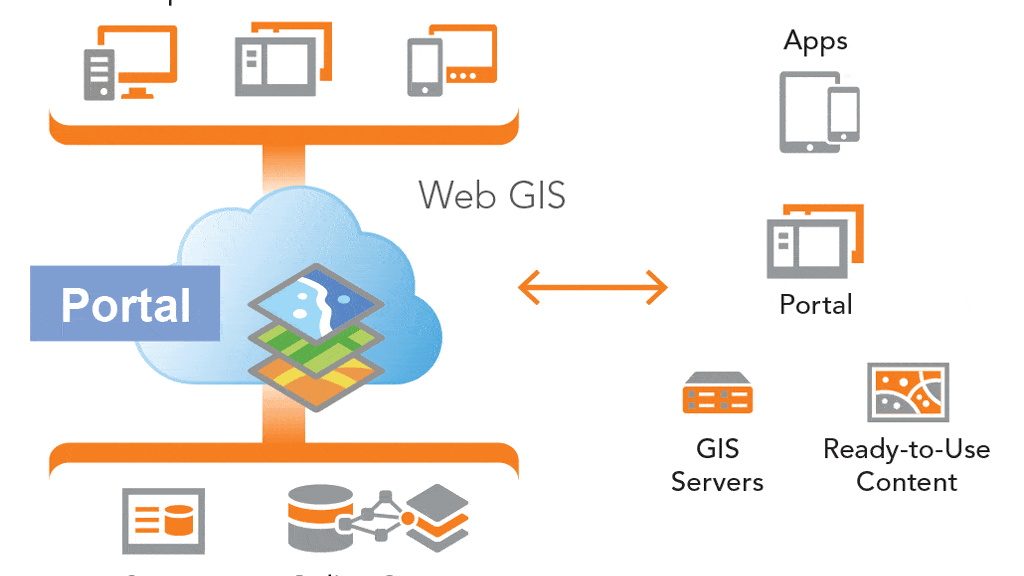



Deploying Portal For Arcgis Arcmap Esri Belux




Esri Academy Archives Page 6 Of 10 Dp Digital University
System Architecture –Best Practices Network Infrastructure •Request for Higher Network Bandwidth (~ 1Gbps) and Less Latency (Bandwidth Reduces Number of Network PacketsArcGIS Desktop is Sensitive to 1 –2 MS Latency!Plan for ~ 15 Mbps per Concurrent GIS User •Enable Jumbo Frames Between ServersIn its most basic configuration, an ArcGIS Server site can run on a single machine without needing any additional components The deployment scenario described below is straightforward to set up, maintain, and upgrade It can support a sandbox environment for development and testing, but it is also a valid (and in some cases ideal) configuration for some production environmentsRequirements If you have an ArcGIS Enterprise deployment, you can take advantage of a serverside asynchronous batch geocoding pattern that will help you get the best possible performance from your locator services This approach works with locators that you have published on your portal For more information about creating locators, and sharing them to a portal, see Create a




Arcgis Enterprise Resources Tutorials Documentation Videos More
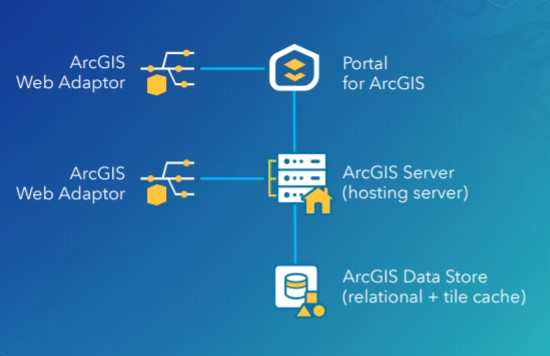



Your Guide To Upgrading Arcgis Enterprise
Scaling the base ArcGIS Enterprise deployment As your user base and activity increase, the components of your base ArcGIS Enterprise deployment may need to be scaled out with additional resources In particular, the use of spatial analysis tools and ArcGIS Insights are significant consumers of memory and CPU resources on the hosting server site The data model included with the Communications Data Management for ArcGIS Enterprise template is the best practice approach to representing a communications system as a utility network Esri has invested thousands of hours of research and development to create and enhance this data model The data model included with Stormwater Data Management for ArcGIS Enterprise is the best practice approach to representing a stormwater system as a utility network Esri has invested thousands of hours of research and development to create and enhance this data model




Arcgis Enterprise Deployment Services Geo Jobe




Weboffice With Arcgis Enterprise Portal For Arcgis And Sso Authentication
Choosing a pattern for your base deployment An ArcGIS Enterprise base deployment can be configured with all components on a single machine in what's known as a singlemachine or allinone deployment pattern Alternatively, you can separate the components onto different machines in a multitier deployment pattern These two patterns provide the sameArcGIS Enterprise has many configurable options and capabilities to meet stringent security requirements These capabilities are described on this page In addition, see the Best Practices section for a general list of recommended steps to consider when deploying ArcGIS Enterprise in an environment




Architecting Arcgis Enterprise And Hub Sites Geomarvel




Webinar Q A Get Arcgis Enterprise Ready




Deployment Scenarios For A Highly Available Arcgis Enterprise Portal For Arcgis Documentation For Arcgis Enterprise




Integrate Osisoft Pi And Esri Arcgis On Aws For Real Time Utility Dashboards And Analysis Aws For Industries




Base Arcgis Enterprise Deployment Arcgis Enterprise Documentation For Arcgis Enterprise




Modern Arcgis Cloud Architectures Gcs Is A Geospatial Information Technology Services Company
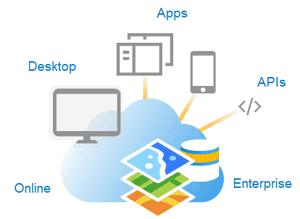



Arcgis Enterprise Archives Esri Belux




Integrating Geocortex Essentials With Arcgis Online And Arcgis Enterprise Portal Geocortex Tech Tip Geocortex
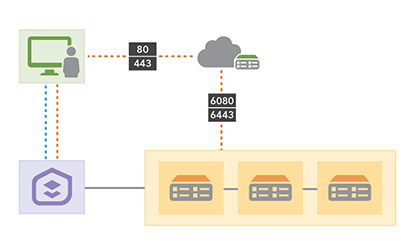



Deployment Patterns For Arcgis Enterprise Arcgis Enterprise Documentation For Arcgis Enterprise




Arcgis Enterprise Performance And Scalability Best Practices Youtube



1



2
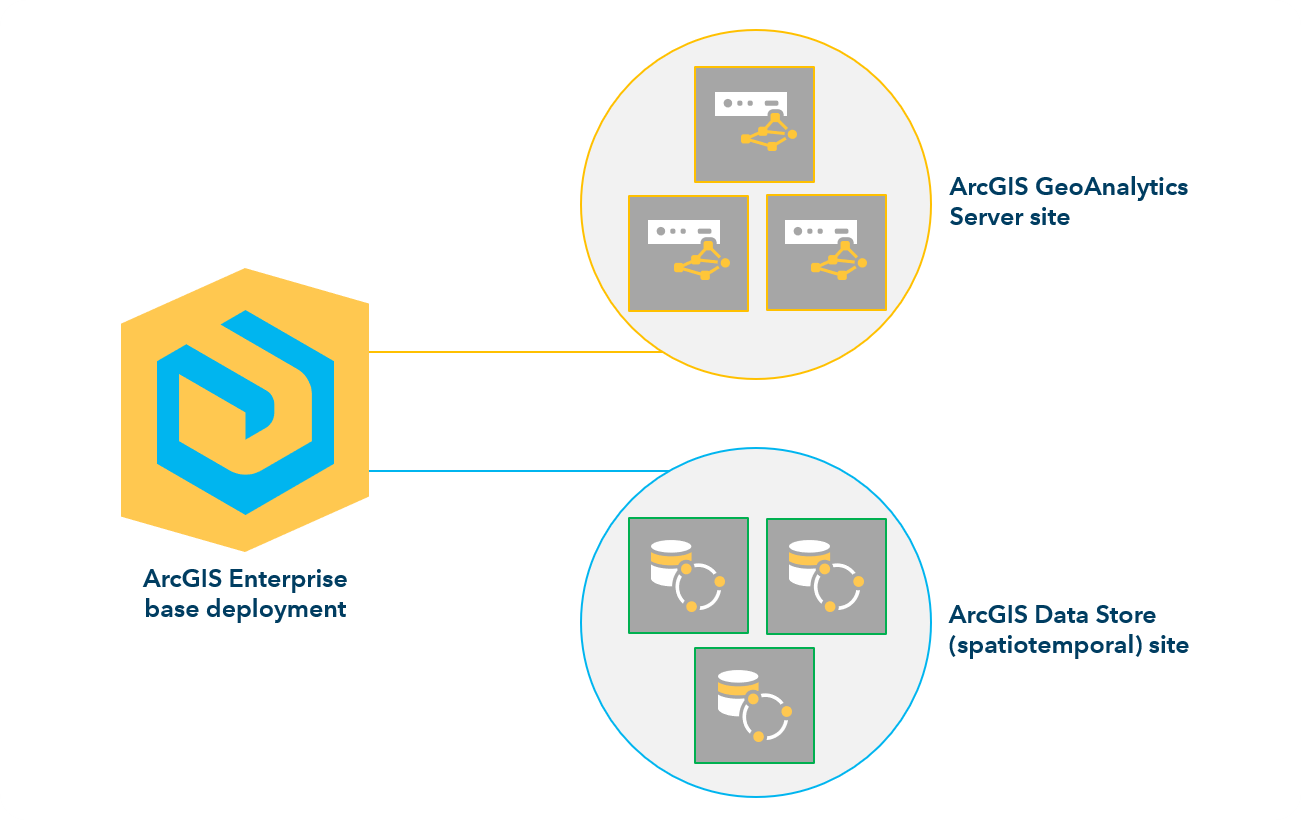



Best Practices For Geoanalytics Server Sites Geoanalytics Windows Deployment Guide Documentation For Arcgis Enterprise




Arcgis Enterprise Configuring A Base Deployment Infograph
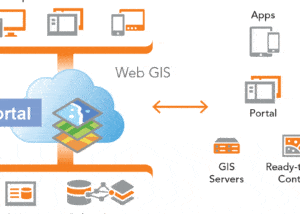



All Esri Belux




Mastering Arcgis Enterprise Administration Packt




Mastering Arcgis Enterprise Administration Packt



2



2




Insights In Arcgis Enterprise Implementation Guide Esri Free Download Pdf



Highly Available Arcgis Enterprise Deployment




When A Legacy App Can T Consume Secured Esri Map Services Ssp Innovations




Base Arcgis Enterprise Deployment Arcgis Enterprise Documentation For Arcgis Enterprise



1




Enterprise Gis For The Ncgmp Community
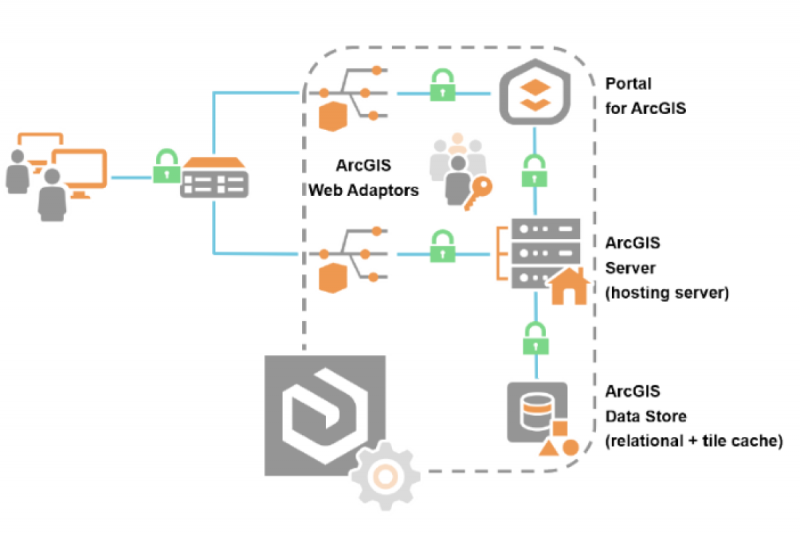



Arcgis Enterprise Jumpstarts Geomarvel



2



Arcgis Enterprise Architecture And Deployment Alexander Brown Solution Engineer Pdf Free Download




Get Arcgis Ready Maximize Your Deployment 21 Webinar




Arcgis Enterprise Architecting Your Deployment Youtube



Arcgis Enterprise




Multi Tier Base Deployment Of Arcgis Enterprise 10 8 1 Using Arcgis Enterprise Cloud Builder For Microsoft Azure Esri Australia Technical Blog



2



2



2




Arcgis Enterprise Cloud Operations Using Microsoft Azure Youtube




Enterprise Gis Security Strategy Michael E Young Chief
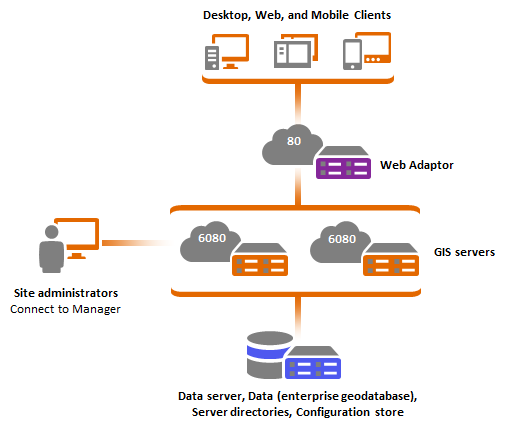



Multiple Machine Deployment With Arcgis Web Adaptor Arcgis Enterprise Documentation For Arcgis Enterprise




Mastering Arcgis Enterprise Administration Packt




Architecting Arcgis Enterprise And Hub Sites Geomarvel




Vanessa Johnson Author At Quartic Solutions
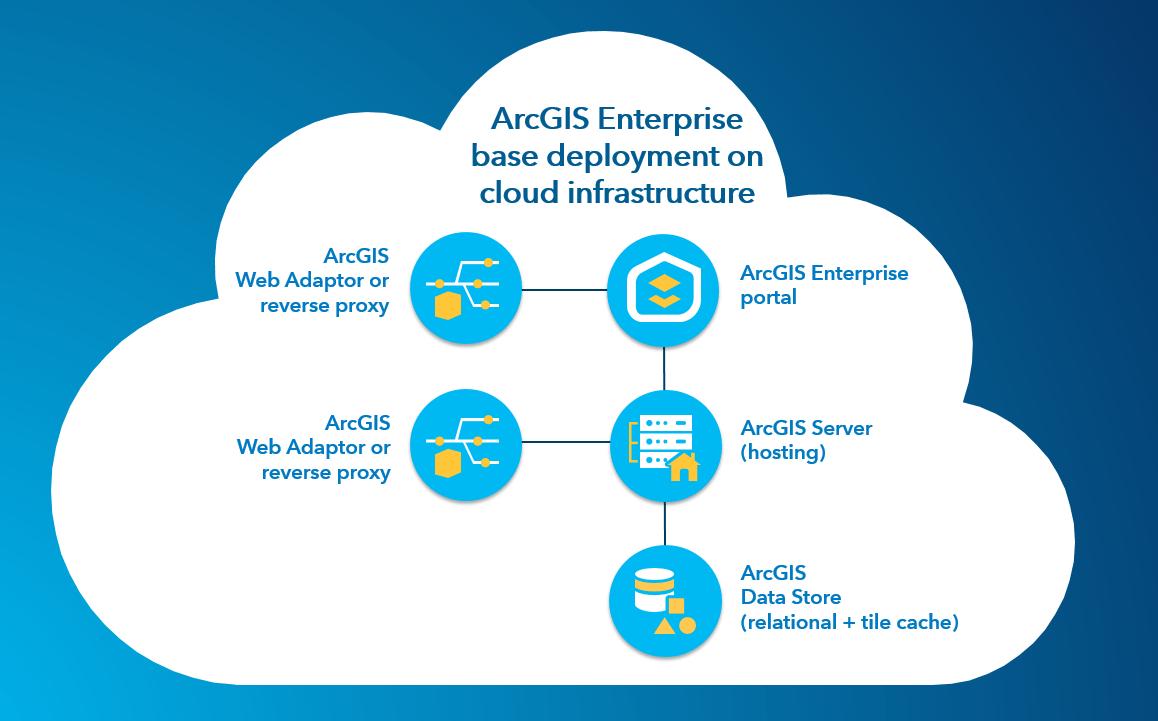



Arcgis Enterprise In The Cloud




Arcgis Enterprise Architecting Your Deployment Youtube




Arcgis Enterprise Architecting Your Deployment Youtube




Installation And Deployment Documentation For Arcgis Enterprise
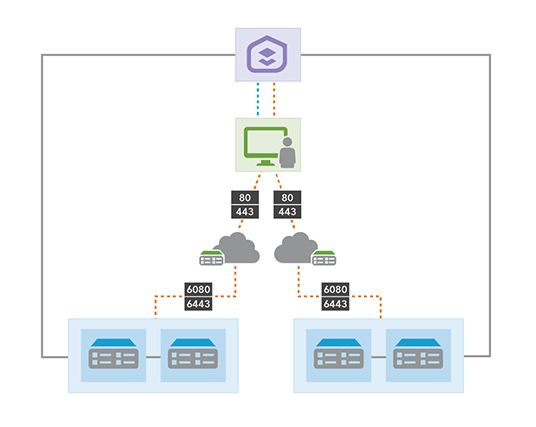



Deployment Patterns For Arcgis Enterprise Arcgis Enterprise Documentation For Arcgis Enterprise




Deployment Scenarios For A Highly Available Arcgis Enterprise Portal For Arcgis Documentation For Arcgis Enterprise
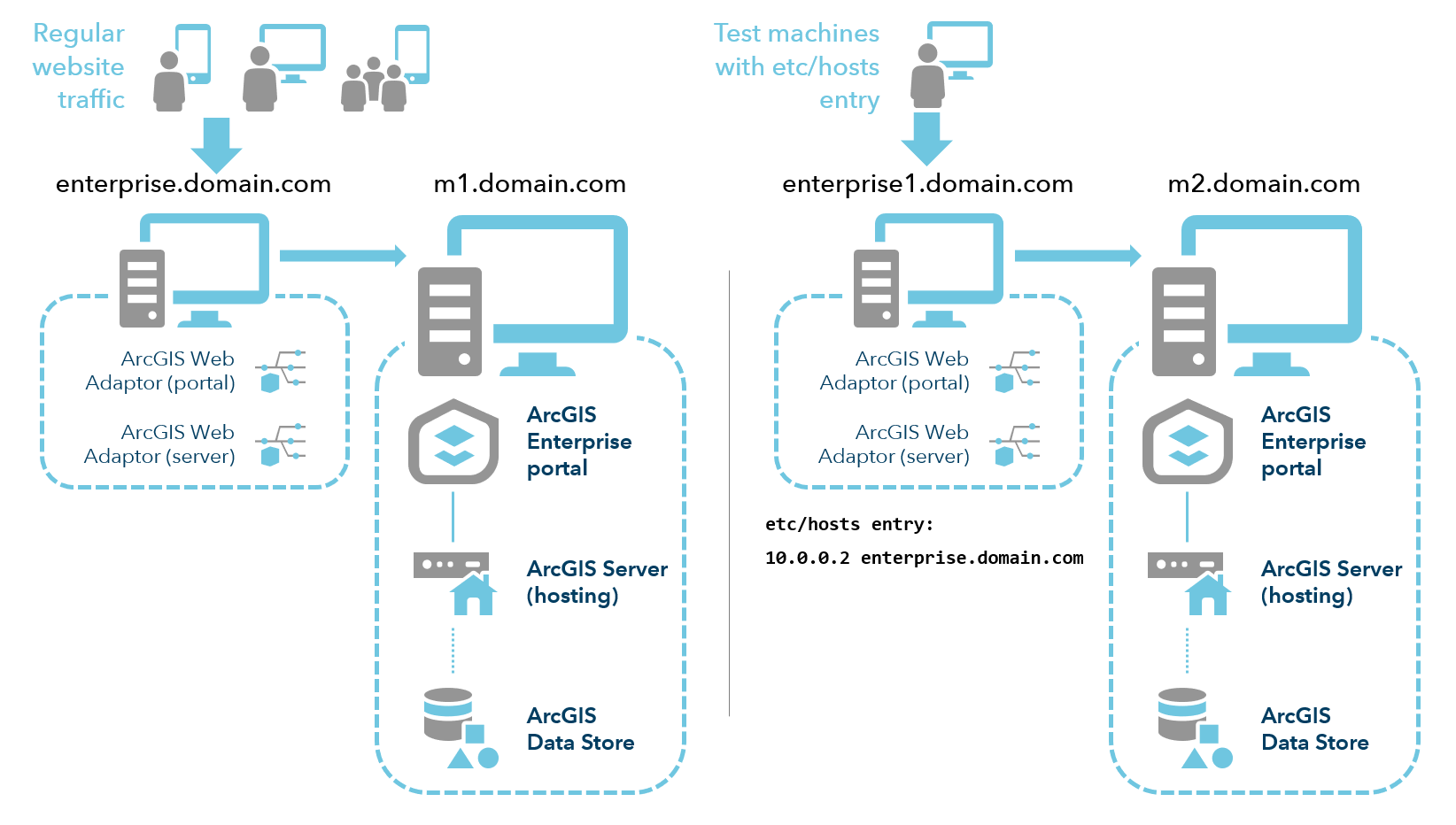



Migrate To A New Machine In Arcgis Enterprise Using The Webgis Dr Tool
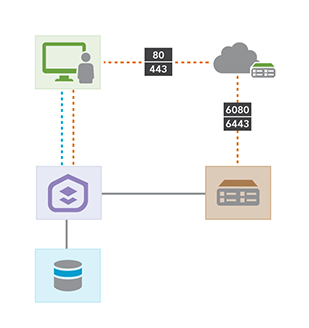



Deployment Patterns For Arcgis Enterprise Arcgis Enterprise Documentation For Arcgis Enterprise




Tutorial Set Up A Base Arcgis Enterprise Deployment Arcgis Enterprise Documentation For Arcgis Enterprise




Modern Arcgis Cloud Architectures Gcs Is A Geospatial Information Technology Services Company




Integrate Osisoft Pi And Esri Arcgis On Aws For Real Time Utility Dashboards And Analysis Aws For Industries




Integrate Osisoft Pi And Esri Arcgis On Aws For Real Time Utility Dashboards And Analysis Aws For Industries



2



When A Legacy App Can T Consume Secured Esri Map Services Ssp Innovations




Modern Arcgis Cloud Architectures Gcs Is A Geospatial Information Technology Services Company




Arcgis Enterprise Best Practices For Layers And Service Types Youtube




When A Legacy App Can T Consume Secured Esri Map Services Ssp Innovations




Arcgis 10 Enterprise Deployment Esri 10 06 29 Cent Nbsp Arcgis 10 Enterprise Deployment J 9736 Esri Technical Pdf Document




Multi Tier Base Deployment Of Arcgis Enterprise 10 8 1 Using Arcgis Enterprise Cloud Builder For Microsoft Azure Esri Australia Technical Blog




Deployment Scenarios For A Highly Available Arcgis Enterprise Portal For Arcgis Documentation For Arcgis Enterprise
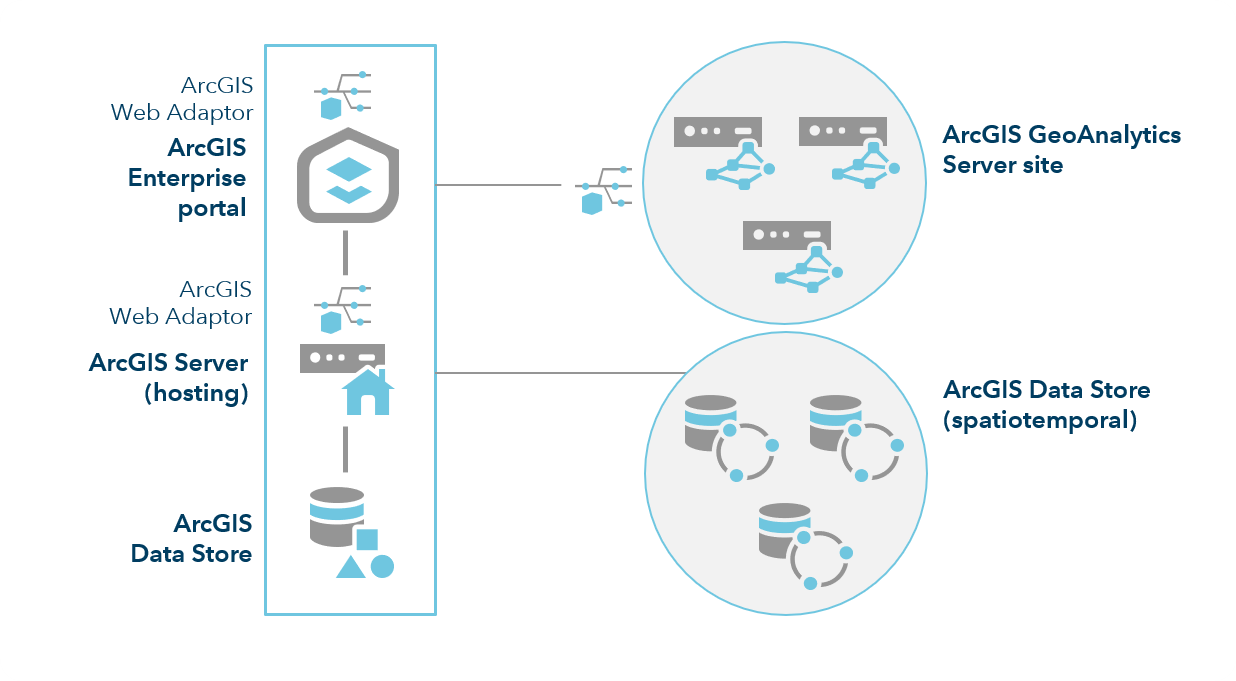



Arcgis Enterprise Server Roles Arcgis Enterprise Documentation For Arcgis Enterprise



1




Deployment Patterns For Exposing Arcgis Enterprise Esri Community




Deployment Scenarios For A Highly Available Arcgis Enterprise Portal For Arcgis Documentation For Arcgis Enterprise



2




Scott Macdonald This New Essentials Page At T Co Gipf9razmy Serves As An Entry Point Into Key Topics Including Some Brand New Best Practices Topics That Offer Esri Recommendations On A Range
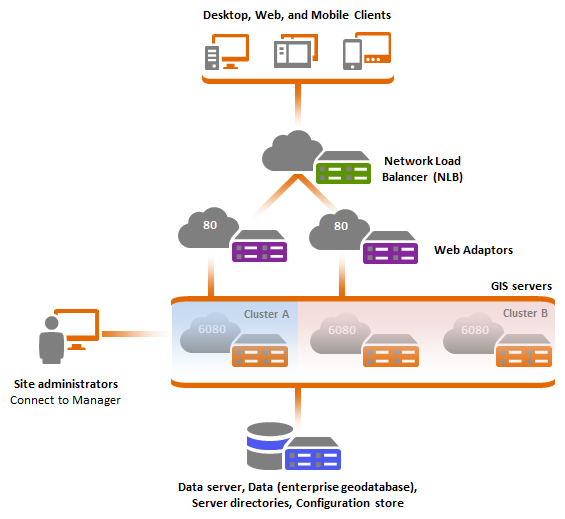



Multiple Machine Deployment With Gis Server Clusters Installation Guides Documentation For Arcgis Enterprise
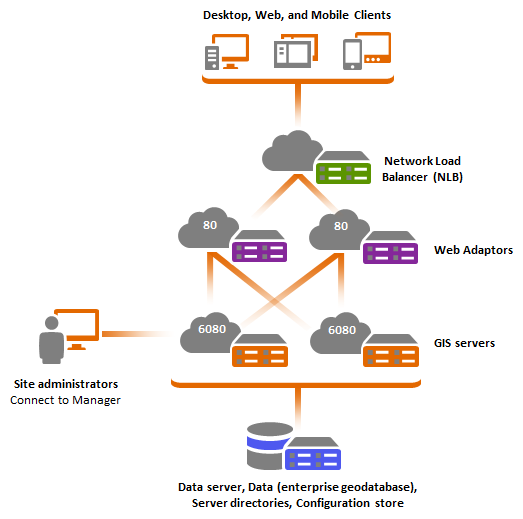



Multiple Machine Deployment With Arcgis Web Adaptor Arcgis Enterprise Documentation For Arcgis Enterprise




Modern Arcgis Cloud Architectures Gcs Is A Geospatial Information Technology Services Company
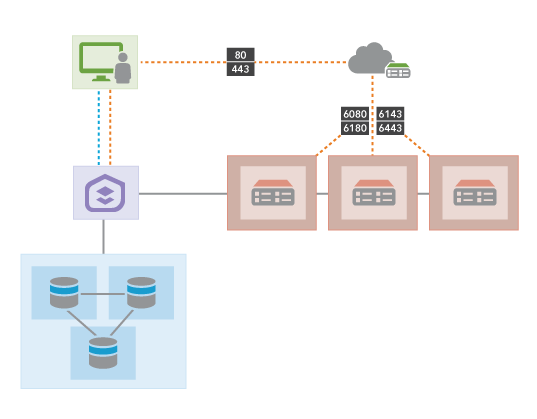



Deployment Patterns For Arcgis Enterprise Arcgis Enterprise Documentation For Arcgis Enterprise




Arcgis Cloud Migration Strategy Panel Q A
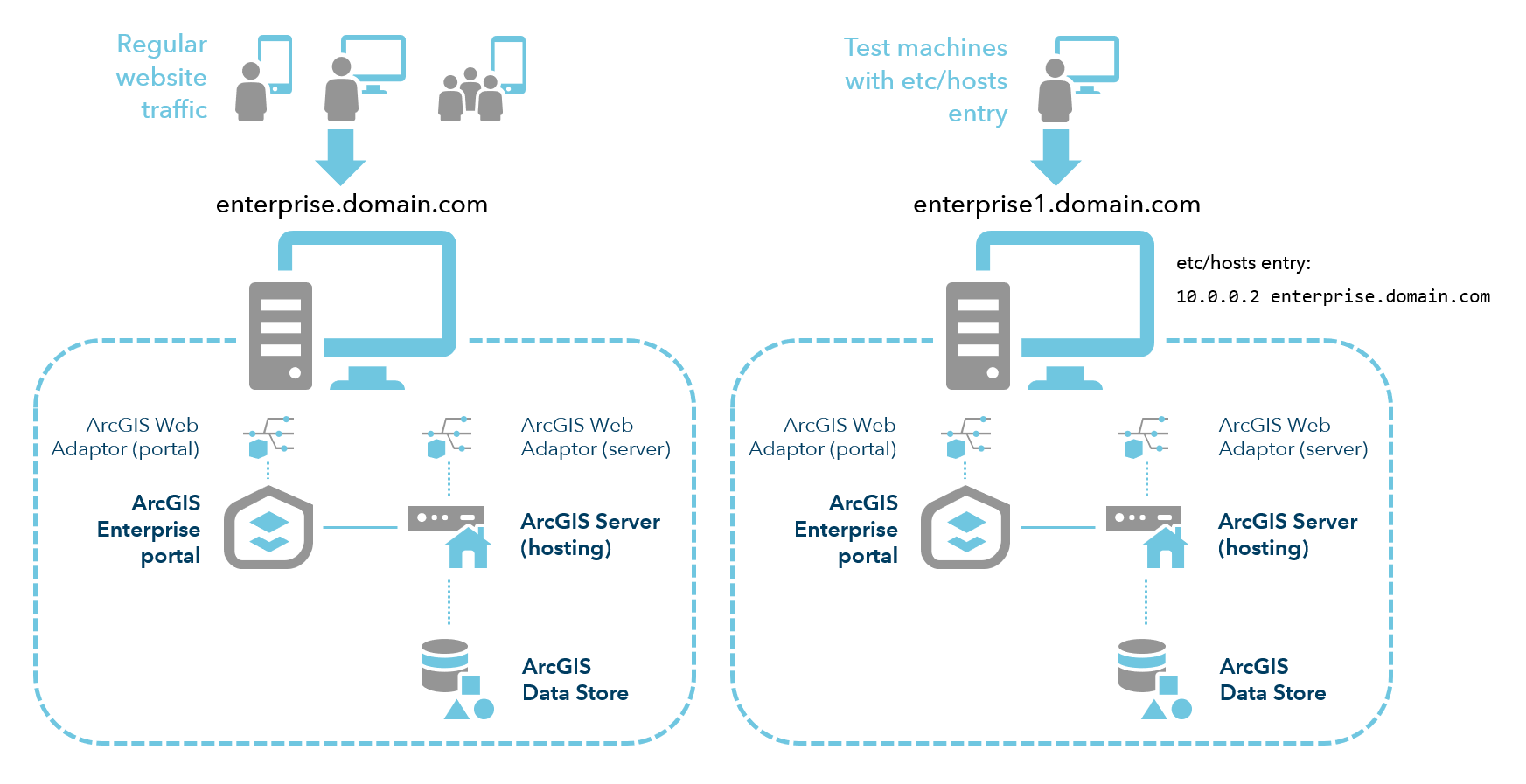



Migrate To A New Machine In Arcgis Enterprise Using The Webgis Dr Tool



2



2




Arcgis Enterprise Deployment Services Geo Jobe




Solved Best Practice For Arcgis Enterprise Multi Machine Esri Community




Upgrading Your Enterprise Gis What It Means And How To Keep Up Cloudpoint Geospatial



2
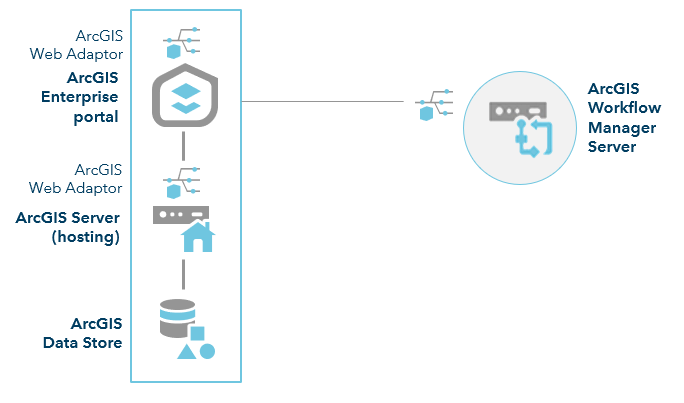



Arcgis Enterprise Server Roles Arcgis Enterprise Documentation For Arcgis Enterprise




Deployment Patterns For Arcgis Enterprise Arcgis Enterprise Documentation For Arcgis Enterprise




Arcgis Enterprise Architecting Your Deployment Youtube



0 件のコメント:
コメントを投稿